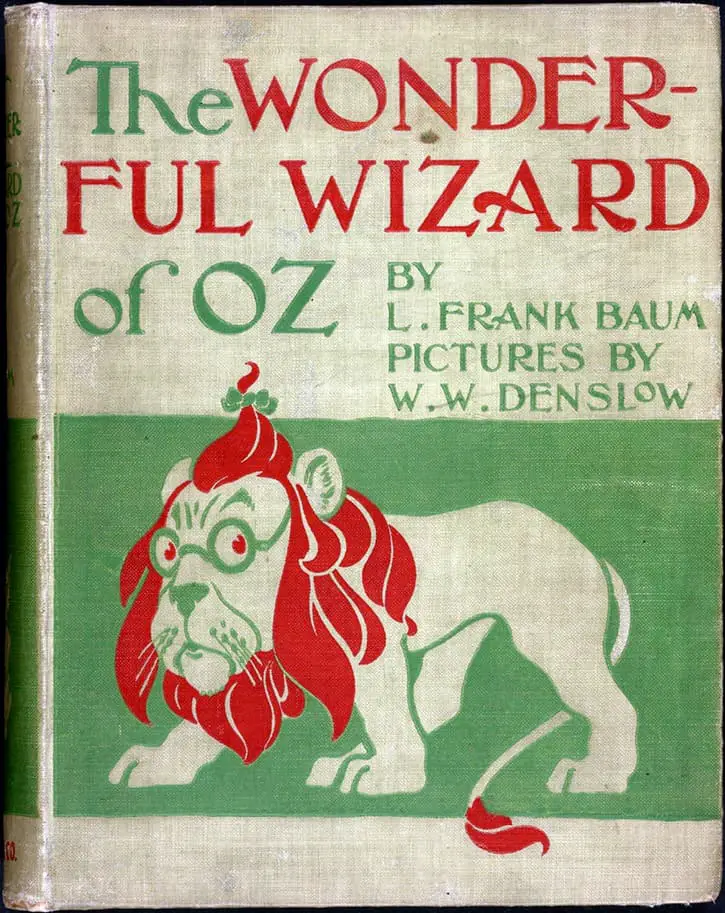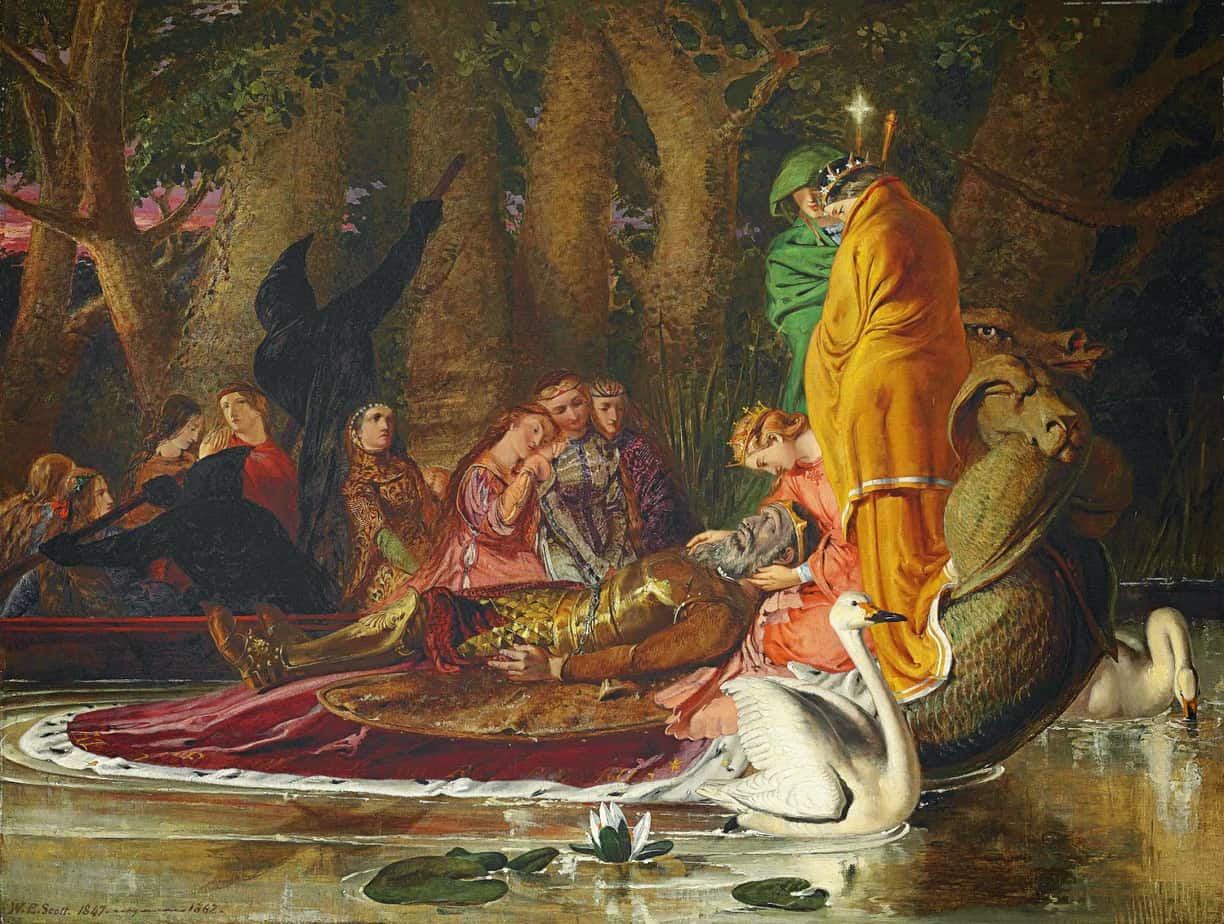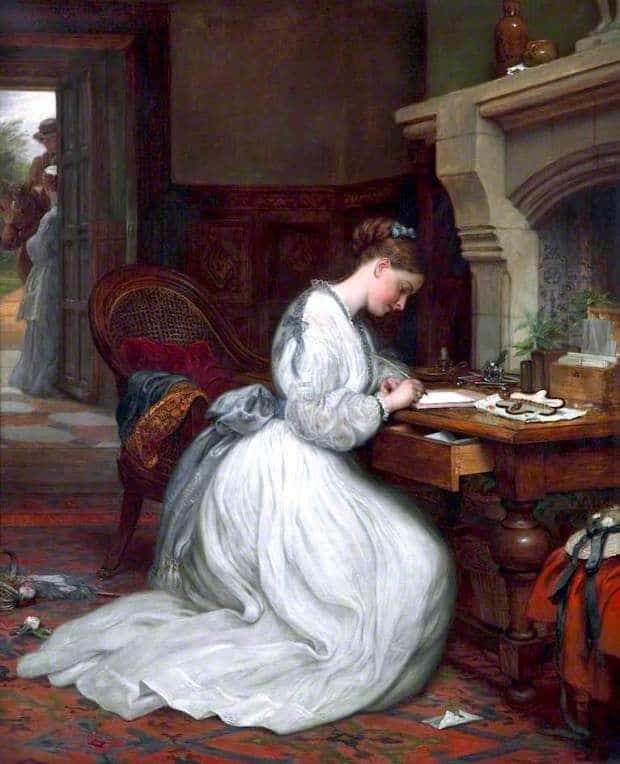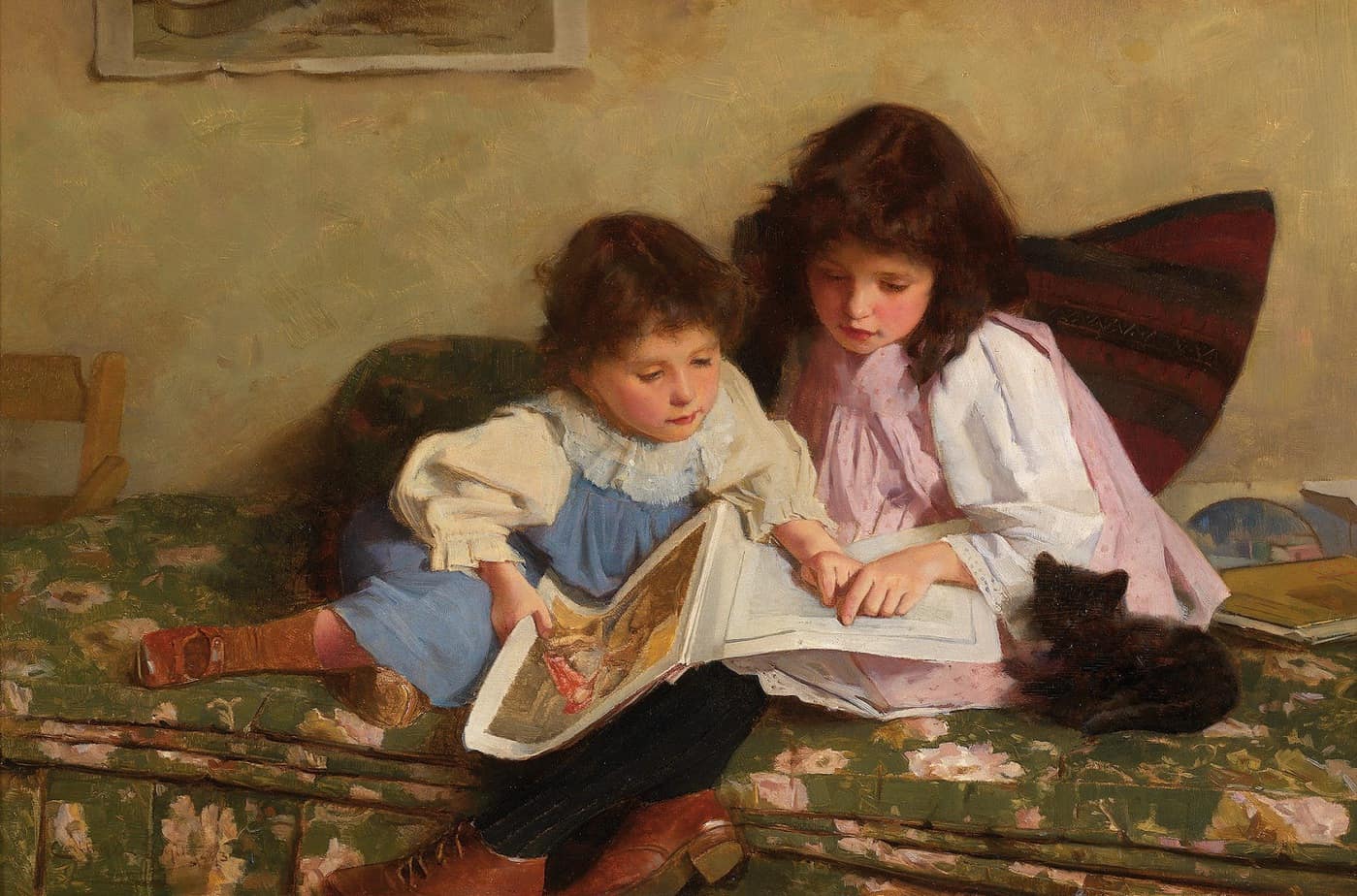-
The Wizard of Oz Novel Study

The Wizard of Oz is in some ways the inverse of Winnie the Pooh. Whereas L. Frank Baum’s Oz series is so highly metaphorical every member of a thinking audience weaves their own symbolism into it, Milne’s Pooh series is so devoid of symbolism that it’s famous among specialists of children’s literature for precisely the […]
-
Reflection and Delusion In The Cure by John Cheever Analysis
In his story ‘The Cure’, Cheever comes pretty close to writing a supernatural thriller story, with a few typical thriller genre beats. The stars are ordinary heroes, or to use Northrop Frye’s terms, mimetic heroes.
-
Home Away Home Story Structure

Philip Richard Morris – Home, Sweet Home
-
Shirley Jackson’s Louisa, Please Come Home Analysis
“Louisa, Please Come Home” is a short story by Shirley Jackson, first published in Ladies Home Journal, 1960.
-
The Influence Of King Arthur

Was King Arthur real? People have been hoping so for 1500 years. And how similar was he to the historical Jesus? See: In Search of the Historical Arthur by C. Dal Brittain, professor of medieval history and fantasy writer Another good place to start with a King Arthur story is with “The Legend of King […]
-
Letters And Diaries In Fiction

JOURNALING AND DIARIES AS PUSHBACK AGAINST SELF ABANDONMENT When we can be a witness to our own experience (by writing our experiences down) we can be our own compassionate friend. This is when we can have that connection with ourselves. What happens for many of us is we go through something called ‘Self Abandonment’. We […]
-
Glossary of Picturebook Terminology For Review and Analysis

Is it picture book or picturebook? When commentators put the two words together, they do so mindfully: The terminology we apply to books, texts and reading do not seem to attach to the picturebook so readily. For example, if we speak of ‘the text’ of a picturebook, do we mean the words or the words-and-pictures […]